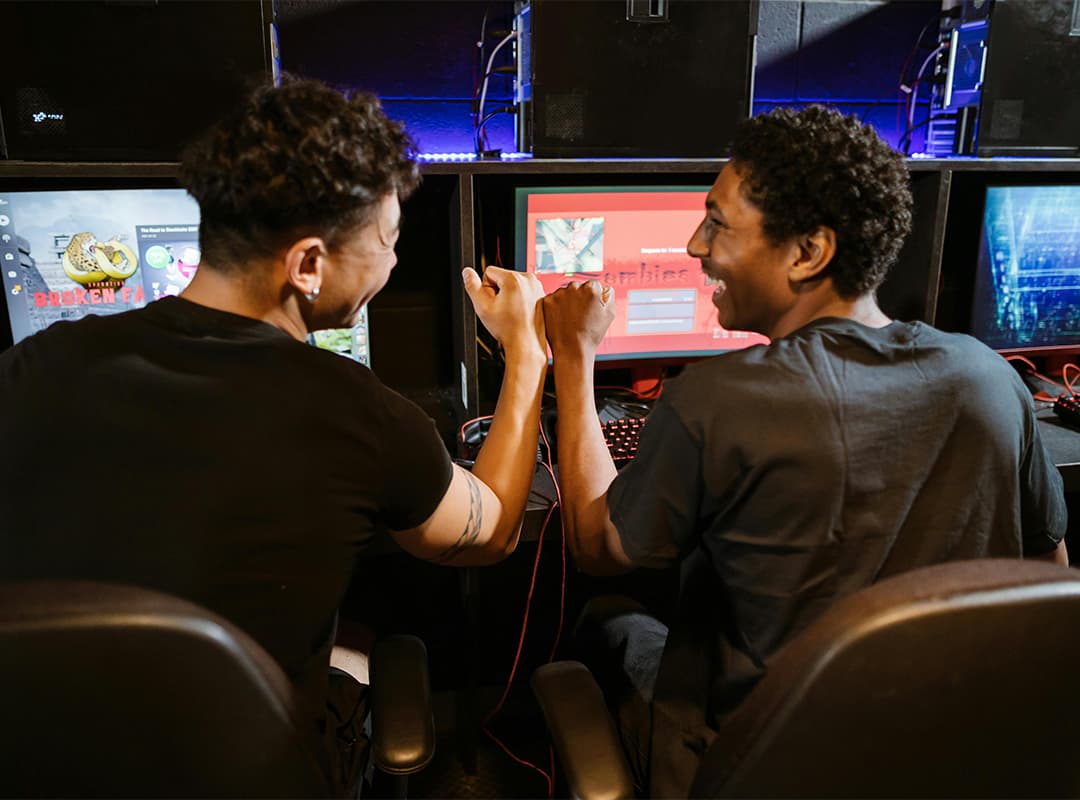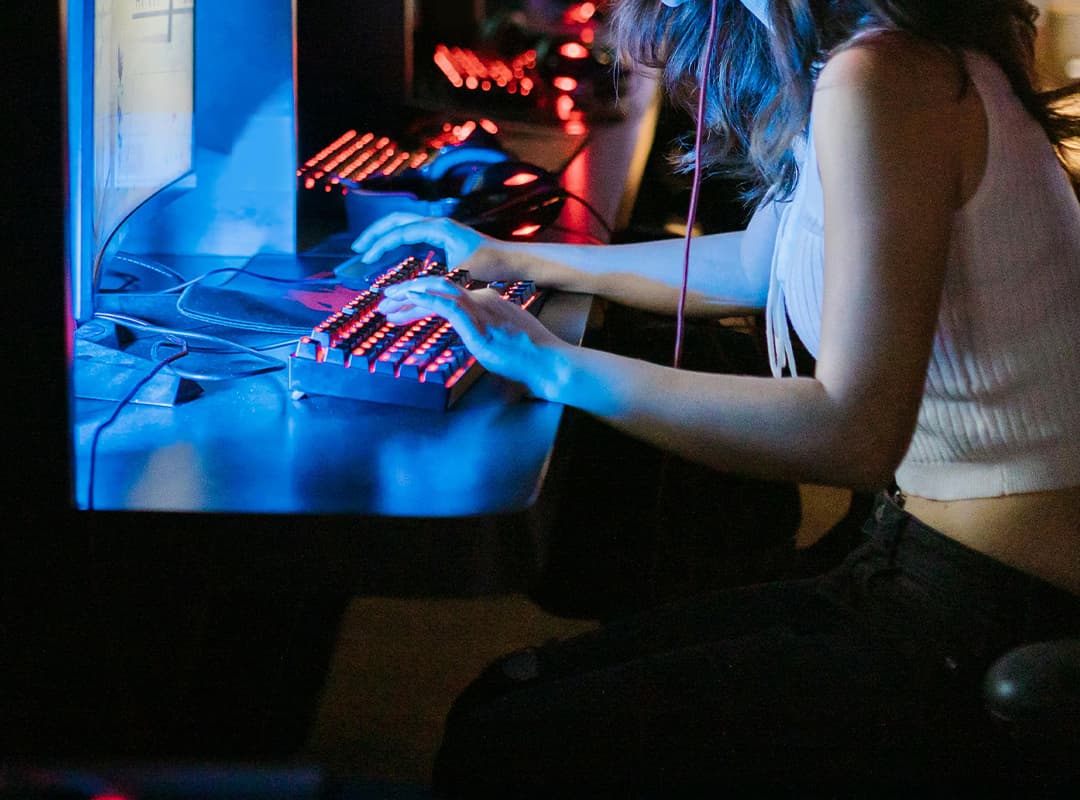The rise of Web3 has brought about a new era in gaming, where blockchain technology is at the forefront of innovation. As developers explore the potential of decentralized games, choosing the right blockchain platform becomes a crucial decision. The platform you choose can significantly influence your game’s performance, security, and user experience. Here, we explore some of the best blockchain platforms for developing Web3 games and discuss what makes each unique.
1. Ethereum
Ethereum is the pioneer of smart contracts and remains one of the most popular blockchain platforms for Web3 game development. Its robust ecosystem, extensive developer community, and wide adoption make it an attractive choice. Ethereum’s support for non-fungible tokens (NFTs) has enabled the creation of unique in-game assets, fostering a vibrant market for digital collectibles.
Despite its strengths, Ethereum faces challenges with scalability and high gas fees. However, ongoing upgrades, such as the transition to Ethereum 2.0, promise to address these issues, making it a long-term contender for game developers.
2. Binance Smart Chain (BSC)
Binance Smart Chain is known for its high throughput and low transaction fees, making it a cost-effective alternative to Ethereum. BSC supports smart contracts and has gained traction in the gaming community due to its compatibility with Ethereum’s tools and standards, such as the ERC-721 and ERC-1155 NFT standards. This compatibility allows developers to easily port their Ethereum-based games to BSC, offering a seamless experience for users.
BSC also boasts a thriving ecosystem of decentralized applications (dApps) and services, including the neon marketplace, where users can buy, sell, and trade NFTs and other digital assets. This makes it an attractive platform for developers looking to integrate marketplace functionality into their games.
3. Polygon (formerly Matic)
Polygon is a Layer 2 scaling solution for Ethereum, designed to provide faster and cheaper transactions. By utilizing sidechains, Polygon significantly reduces the congestion on the Ethereum mainnet, enabling smoother and more efficient gameplay experiences. Its compatibility with Ethereum’s ecosystem allows developers to leverage existing tools and infrastructure while benefiting from improved scalability.
Polygon’s growing popularity and extensive support for NFT projects make it a compelling choice for game developers seeking to build and scale their Web3 games efficiently.
4. Solana
Solana is a high-performance blockchain known for its fast transaction speeds and low costs. With a unique consensus mechanism called Proof of History (PoH), Solana can process thousands of transactions per second, making it one of the fastest blockchains available. This capability is particularly beneficial for real-time multiplayer games and complex decentralized applications.
Solana’s ecosystem is rapidly expanding, with a growing number of projects and developer tools available. Its focus on speed and scalability makes it an ideal platform for developers looking to create seamless and responsive gaming experiences.
5. Flow
Flow is a blockchain specifically designed for gaming and digital collectibles. Created by Dapper Labs, the team behind CryptoKitties, Flow offers a highly scalable and developer-friendly environment. The platform’s architecture allows for efficient transaction processing and seamless user experiences, making it a go-to choice for games that involve large volumes of in-game transactions and NFT interactions.
Flow’s ecosystem includes a wide range of tools and services, from wallets to marketplaces, providing a comprehensive infrastructure for game developers. Its emphasis on usability and scalability has made it a popular choice for high-profile projects and partnerships.
Choosing the right blockchain platform is a crucial step in developing a successful Web3 game. Factors such as scalability, transaction costs, developer tools, and community support all play a vital role in this decision. Ethereum, Binance Smart Chain, Polygon, Solana, and Flow each offer unique advantages and cater to different needs and use cases.
As the Web3 gaming space continues to evolve, platforms like the neon marketplace will play an increasingly important role in facilitating the exchange of digital assets and enhancing the overall gaming experience. Whether you’re a developer looking to launch a new game or an investor exploring the potential of blockchain gaming, understanding these platforms is essential for navigating the dynamic world of Web3.




